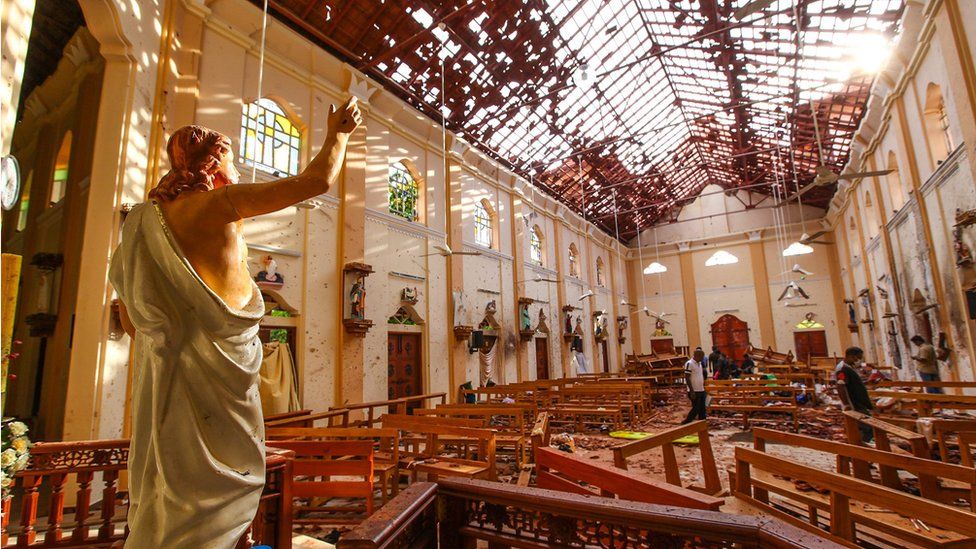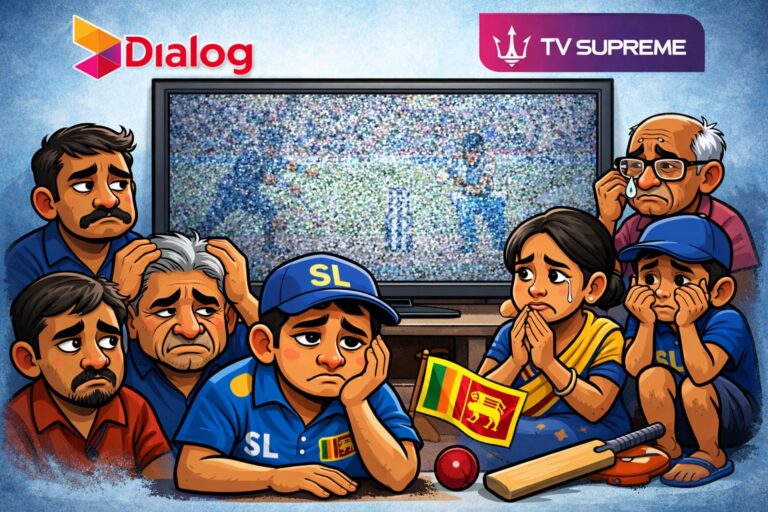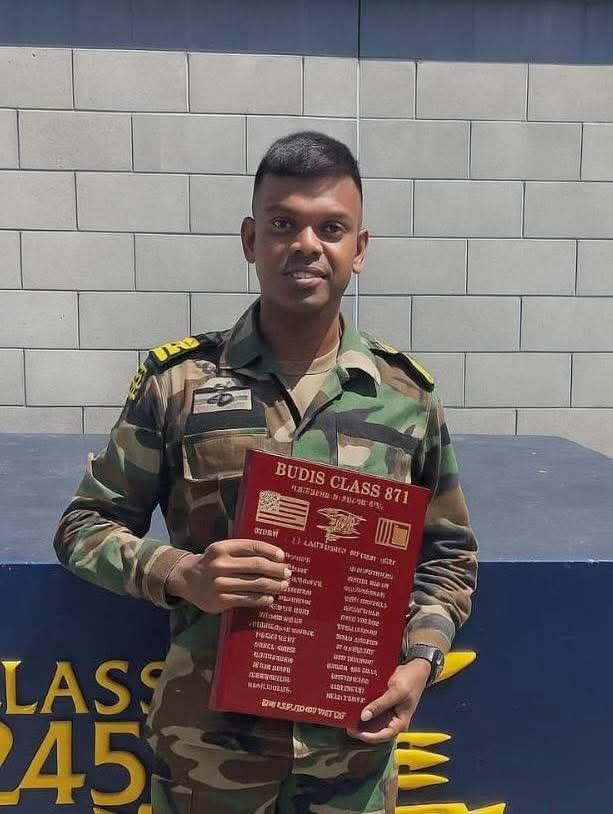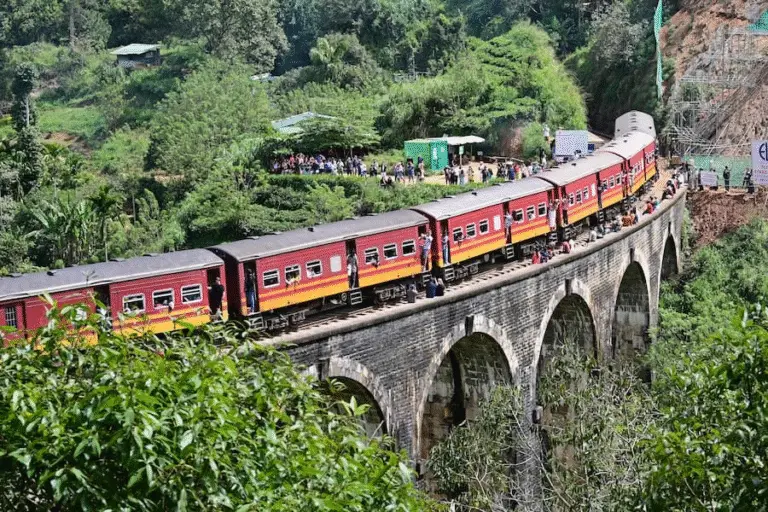On the peaceful morning of April 21, 2019, as families dressed in their Sunday best and gathered in churches across Sri Lanka to celebrate Easter—a day symbolizing hope and resurrection—terror tore through the heart of the nation. Coordinated suicide bombings struck three churches and three luxury hotels in Colombo, Negombo, and Batticaloa, claiming the lives of over 250 innocent people, including children, and injuring hundreds more. What was meant to be a day of joy turned into a national tragedy, one that left permanent scars on the soul of the island nation.
The shock was immediate. The sorrow was unbearable. The fear was real. For a country that had only recently emerged from a brutal civil war, the Easter Sunday attacks were a painful reminder of the fragility of peace. Families who had gathered to celebrate life were instead torn apart in seconds. Survivors watched in horror as loved ones were lost, churches collapsed, and the joyous hymns were replaced by cries of pain and confusion.
St. Anthony’s Shrine in Colombo, St. Sebastian’s Church in Negombo, and Zion Church in Batticaloa—places of worship and sanctuary—became scenes of devastation. The images from that day remain etched in the minds of millions: shattered glass windows, blood-stained pews, and candles still flickering amidst the rubble.
This was not just an attack on a specific community or religion. It was an attack on humanity, on the idea that faith should be free and safe. Buddhists, Hindus, Christians, and Muslims all wept together that day. The grief was shared across all religions, across every region of the country.
In the aftermath, Sri Lanka came together in mourning. Vigils were held. Black flags waved over homes. People of different faiths held hands in prayer. The silence that fell across the island was one of deep respect, heartbreak, and unity.
But beyond the grief, questions arose. How could such an attack happen again in a country that had already suffered so much? Who failed to act on the intelligence? Where was the accountability?
Even today, justice feels elusive to many families who lost everything. There are still wounds that haven’t healed—questions that remain unanswered, and a deep, aching need for closure. The pain is personal, yet collective. For the victims, justice is not just about punishing the perpetrators, but about ensuring that no one else ever suffers such a loss again.
And yet, amid the sorrow, stories of incredible courage emerged. Strangers who rushed into burning churches to rescue the wounded. Doctors and nurses who worked tirelessly to save lives. Religious leaders who called for peace instead of retaliation. Survivors who forgave, choosing love over hate.
The Easter Sunday attacks tried to break Sri Lanka, but instead, they reminded the world of the country’s enduring spirit. A spirit forged through pain, resilience, and a hope that peace will always prevail, even in the face of unimaginable darkness.
As we remember that black Sunday, let us honor the victims by standing for peace, by demanding justice, and by choosing unity over division. Because the most powerful way to defeat terror is not through fear—but through love.
We remember. We mourn. We stand together.
















